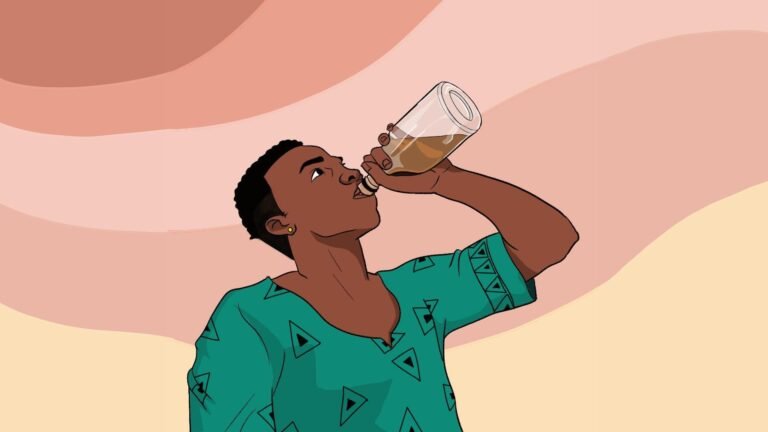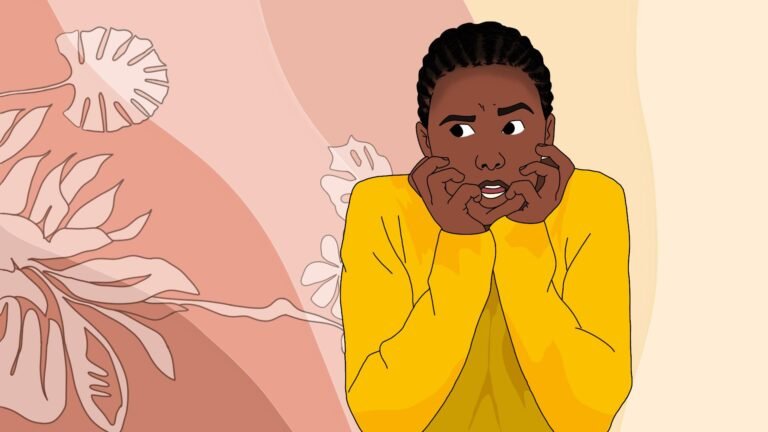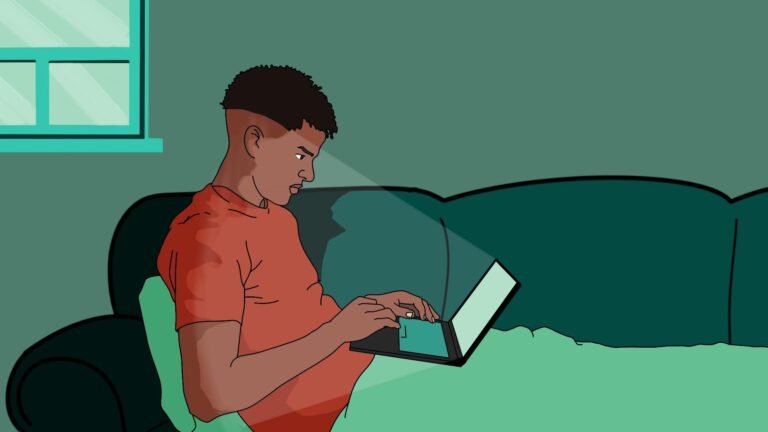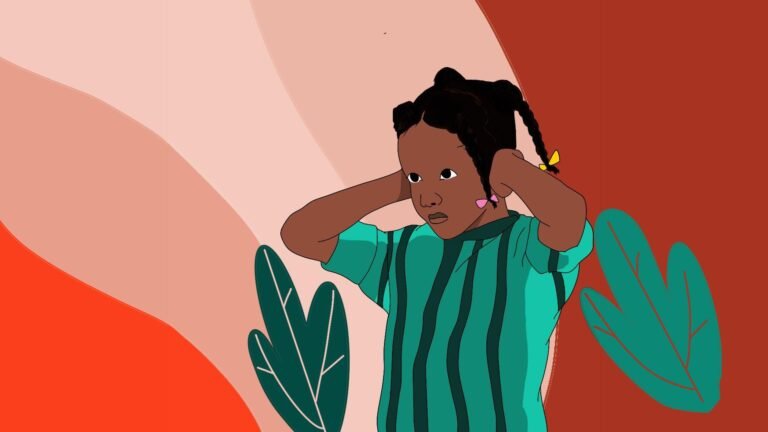
Insomnia
What is insomnia?
Insomnia occurs when you’re unable to get the sleep you need to feel refreshed. Causes range from stress to jet lag to pregnancy to chronic health conditions. Treatments include therapy, medications, and lifestyle changes.
How do you know you have insomnia?
Insomnia refers to a type of sleep disorder. If you live with insomnia, you may:
- Find it difficult to fall asleep, stay asleep, or both
- Wake up from several hours of sleep not feeling refreshed
- Experience fatigue and difficulty functioning throughout the day
You can have:
- Chronic insomnia, which lasts a month or longer
- Acute insomnia, which lasts a day, days, or weeks
- Comorbid insomnia, which is associated with another disorder
- Onset insomnia, which is when you have difficulty falling asleep
- Maintenance insomnia, which is the inability to stay asleep
Research shows that comorbid insomnia accounts for 85 to 90 percent of chronic insomnia. Insomnia also increases with age. Sometimes insomnia goes away after lifestyle factors, such as family or work stress, resolve. For more serious cases, addressing the underlying cause can improve your sleep quality.
What are the effects of insomnia?
There are serious health risks associated with chronic insomnia. Insomnia can increase your risk for mental health problems as well as overall health concerns. Increased risk for medical conditions. These include:
- Stroke
- Asthma
- Seizures
- Weak immune system
- Sensitivity to pain
- Inflammation
- Obesity
- Diabetes
- High blood pressure
- Heart disease
Increased risk for mental health disorders. These include:
- Depression
- Anxiety
- Confusion and frustration
- Increased risk for accidents
Insomnia can affect your:
- Performance at work or school
- Sex drive
- Memory
- Judgment
The immediate concern is daytime sleepiness. A lack of energy can cause feelings of anxiety, depression, or irritation. Not only can it affect your performance at work or school, but too little sleep may also increase your risk for car accidents.
Shortened life expectancy
Having insomnia can shorten your life expectancy. An analysis of 16 studies that covered over 1 million participants and 112,566 deaths looked at the correlation between sleep duration and mortality. They found that sleeping less increased the risk for death by 12 percent, compared to those who slept 7 to 8 hours per night.
What causes insomnia?
There is primary insomnia, which has no underlying cause, and secondary insomnia, which is attributed to an underlying cause. Chronic insomnia usually has a cause, such as: stress, jet lag, improper sleep habits, eating too late in the evening and not sleeping on a regular schedule due to work or travel.
Medical causes for insomnia include:
- Mental health disorders
- Medications such as antidepressants or pain medications
- Conditions such as cancer, heart disease, and asthma
- Chronic pain
- Restless leg syndrome
- Obstructive sleep apnea
What lifestyle factors increase your risk for insomnia?
There are many reasons you may have trouble sleeping. Many of them are linked to your daily habits, lifestyle, and personal circumstances. These include:
- An irregular sleep schedule
- Sleeping during the day
- A job that involves working at night
- Lack of exercise
- Using electronic devices like laptops and cellphones in bed
- Having a sleep environment with too much noise or light
- A recent death of a loved one
- A recent job loss
- Various other sources of stress
- Excitement about an upcoming event
- Recent travel between different time zones (jet lag)
Finally, the use of certain substances seems to have a negative effect on sleep. These include: caffeine, nicotine, alcohol, drugs, cold medications and diet pills.
What changes can you make to manage insomnia?
There are many strategies for treating insomnia. Before you talk with a doctor about medications, try making lifestyle changes. Medications provide effective short-term results, but some studies show that long-term medication use can increase mortality.
Lifestyle changes
- Establish a regular sleep schedule. Sleep and wake up at the same time.
- Relax and wind down before going to bed by reading a book or meditating.
- Create a comfortable sleep environment.
- Avoid drinking alcohol or caffeine in the evening hours.
- Be finished with any heavy meals or strenuous physical activity at least 2 hours before your bedtime.
- Get out of bed if you are having trouble falling asleep. Do something else until you actually feel sleepy.
- Avoid taking naps in the later hours of the afternoon and evening.
Cognitive behavioral therapy (CBT) for insomnia
The American College of Physicians recommends CBT as a first-line treatment for chronic insomnia in adults. In fact, experts have developed a specific subtype of CBT to treat insomnia: CBT-I. With support from an online or in-person therapist, you can learn specific techniques to address insomnia, including:
- Stimulus control. This technique teaches you to get out of bed and find a quiet and relaxing activity until you feel sleepy, limiting the time you spend lying awake and worrying about falling asleep.
- Sleep restriction. This technique first restricts and then gradually increases the amount of time you spend in bed, which can help improve sleep efficiency and sleep quality.
- Bright light therapy. This technique involves exposure to bright light in the morning or evening, depending on whether you have more trouble falling asleep or staying asleep.
Medications and supplements
Your clinician might also prescribe medication to treat insomnia such as:
- Eszopiclone (Lunesta)
- Zolpidem (Ambien)
- Triazolam (Halcion)
Over-the-counter (OTC) sleep aids and supplements like melatonin can also offer some relief from insomnia. Your body naturally produces the hormone melatonin during the sleep cycle, and it’s thought that melatonin supplements may slightly decrease the time it takes you to fall asleep.






